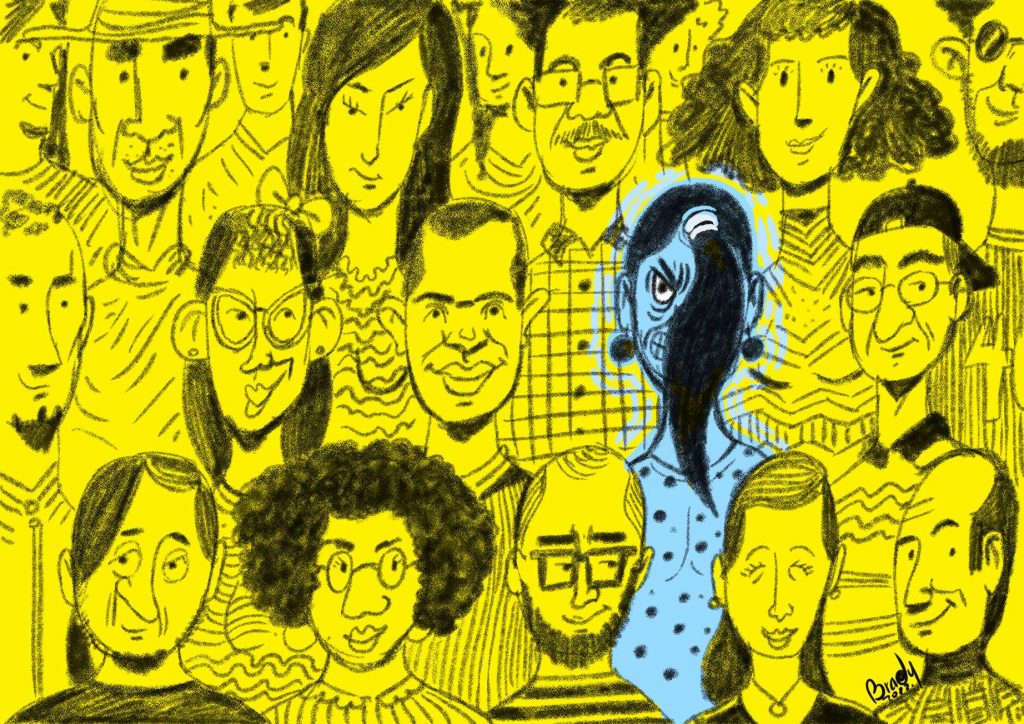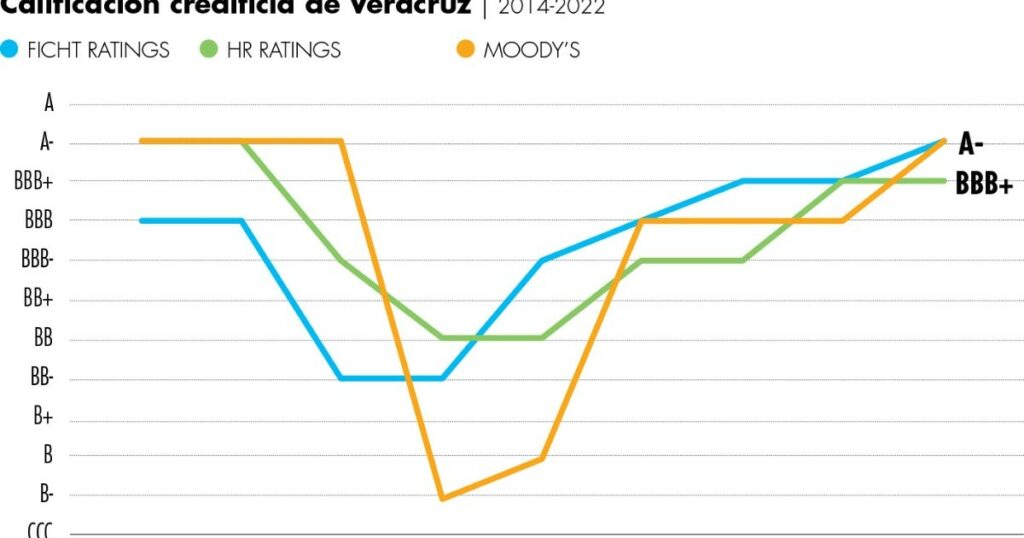We dedicate a previous installment to present the always rich and prolific universe of Cuban phrases, to which not a few volumes have been dedicated by linguists and researchers of our culture. However, it is always useful to take the pulse of this very creative area of the popular imagination, which is constantly adding turns and solutions to everyday communication.
There is in those humorous phrases a certain graphic component that is still curious. Appeal to an image that summarizes a type of effect or behavior from which specific meanings must be extracted. It could be very explicit, for someone not familiar with our variant of Spanish, to hear something like “I let go of the gandinga” or “I let go of the bofe”. The image to which the sentence refers can, in its literal orientation, even be unpleasant. However, time transforms and lightens that hardness of the concrete formulation, to move it towards the hyperbolic effect that it has today: laughing out loud. Both “gandinga” and “bofe” even have other abstract connotations related, not to their respective anatomical assignments, but to the processes that take place in those organs: digestion, reasoning… In “must have gandinga” what is celebrates or highlights is the ability to digest, not food, but a behavior or a situation. And if someone is “a bofe” it is because it is annoying, unfriendly, annoying.
We can find the same level of graphing in phrases like “being made of talc” (or dust, or earth, or shit). The idea of a body disintegrating into fine particles or excrement definitively illustrates a situation of extreme exhaustion. If someone “loses the wings of his heart”, we can assure that he has lost hope due to disappointment or the impossibility of making a dream come true. Very funny is the formula “throw the house out the window”, which does not necessarily imply the action of throwing household objects through that opening, but rather that a considerable expense has been made or a capital interest has been taken in the organization of an event or celebration. For others, it might generate some sadness to visualize a person who “walks with his elbows”, but we know that it is not someone who will wear the skin of the forearms against the crude asphalt, but rather a stingy, a miser or, as It was said in my childhood: a picatero. And if the idea of a body disintegrated by fatigue was very visual, more striking is the notion of liquefied existence that sums up the phrase “you have my life made of yogurt”, which not only expresses the notion of liquid, but also the sense of the sour, of that which lacks sweetness. In the order of orientation, we have phrases that refer to the high-low scale: “fuck your ass higher than your ass”; or, in the specular dimension, the images that are inverted to highlight what has suffered a disorder: “wake up with the bun twisted” or “get up with the left foot”.
A not insignificant nucleus of phrases that have been installed in our imaginary, are organized around a comparison or the establishment of a simile, from which the meaning is illuminated. Among the most popular we could mention “being (or staying) like a fish on stage” (used for a clueless, naive or incredulous person), “flying like a coffee pot” (getting excited, losing your temper), “entering (or walking) like Pedro around his house” (arriving at a place or going through it with a confidence not granted), “being fresh as a lettuce” (lozano, rested, relaxed), “exploding like a siquitraque (or like Cafunga)” (being discovered and/or punished for a crime), “he cracked like a board” (he deserted, gave up a company or purpose)… But among those comparisons undisputedly reigns one that not only uses the comparison, but also the notion of displacement: “take forward like the ice cream cart”. It’s been a long time since those ice cream vendor carts no longer exist or are seen in our neighborhoods, but the preserved image of someone who pushes forward as a metaphor of denunciation remained. And he says another phrase that is very much ours, perhaps as an alternative to this one, that “whoever pushes does not hit himself”.
As I stated in the previous installment, the territory of sentences is almost a bottomless pit, a black hole that absorbs all the linguistic material and recomposes it with new densities and properties. On this path to better understand the language we speak today and its relations with the past, it is very important to leave at least a record of the most frequent uses. Only then can we return to this incredible file to examine it with all the care it deserves. Exploring this terrain with friends and acquaintances, I have been able to gather some phrases on which we will have to reflect in due course. For now we take note and place them on the reader’s horizon:
Not having a puppy or a kitten // Being a gizzard // Putting on [email protected] and out of cold // Melt the mud // His lakes got hot // Have the mattress piss or vomit // They killed him on the line // The thing is the color of ants // There are pitirres on the wire // Candela and itchy itchy // First dead than simple // I/she was the muse // Don’t get agitated you ferment // Yours is with pain // Mommy, buy a piano // Don’t catch even the guilty // Run away bread that takes your tooth // Turn off and let’s go (or leave) // Keep your brass with a lid // Forget the tango and sing bolero // You’re going to say mama clear and papa messed up // Cover yourself with a quilt // It’s toasty // Cheo went down the drain // The peanut grower sang // Being further back than the strings (than the Latino’s slate, than the engine of a little Pole) // Start and go // Row because they don’t bite here // Being an ass broken // You comb your hair or you do the little papers // Forget about that girl who never loved you // Don’t mess up the pita anymore // You do sound // I don’t care (or the same) that children grow up than accidents / iron an egg than frying a tie / being the dead man than the ambulance driver…
A long-time friend from my native Pinar del Río reminded me that some of these phrases sometimes have a local use, a fact that makes it even more difficult, although no less interesting, to record and monitor their origins or behaviors. And he gave as an example a very popular phrase in Maica, a popular neighborhood where they exist, in the capital of Pinar del Río. There, saying “hang up, you’re spending money” can have two meanings: to indicate the closure of a conversation that has become tedious or for which you don’t have time, but also that a person who shouldn’t listen to you has arrived. To know who said it first and why. Surely someone with a keen emotional intelligence, one of those people who constantly alert us, like the best poets and novelists, that language is not only an instrument for communication but also a space for joy, laughter and knowledge of a people.
We close for today, but we will return with other topics of Cuban “linguistics”, because “there is always a torn pa a mess” and “every pig gets its 31”.

















